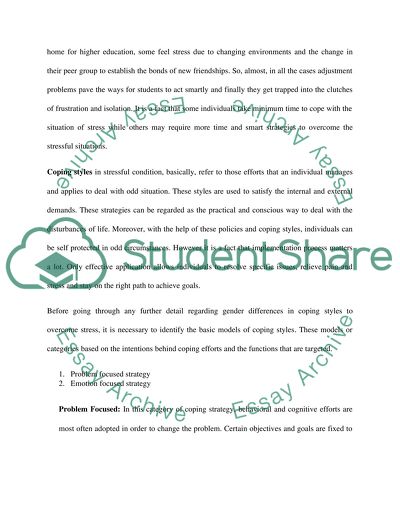Cite this document
(“Gender Differences in Adult Coping Styless Associated with Stress Research Paper”, n.d.)
Retrieved de https://studentshare.org/psychology/1392028-gender-differences-in-adult-coping-styless
Retrieved de https://studentshare.org/psychology/1392028-gender-differences-in-adult-coping-styless
(Gender Differences in Adult Coping Styless Associated With Stress Research Paper)
https://studentshare.org/psychology/1392028-gender-differences-in-adult-coping-styless.
https://studentshare.org/psychology/1392028-gender-differences-in-adult-coping-styless.
“Gender Differences in Adult Coping Styless Associated With Stress Research Paper”, n.d. https://studentshare.org/psychology/1392028-gender-differences-in-adult-coping-styless.


